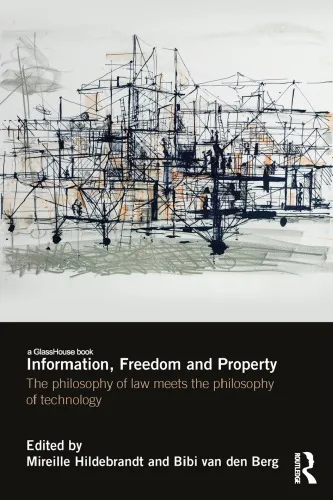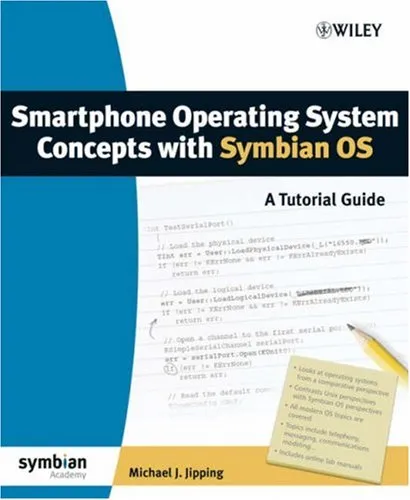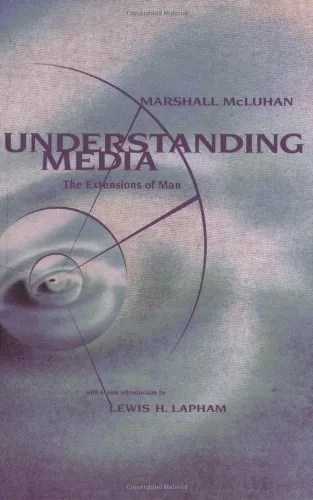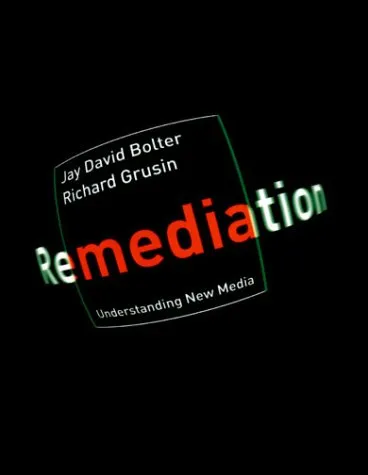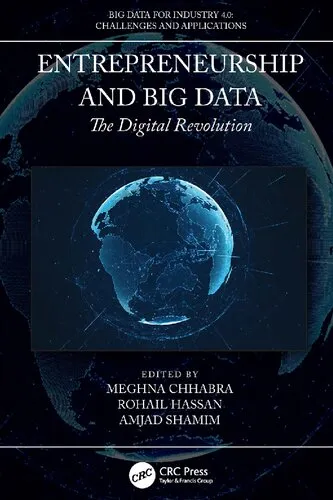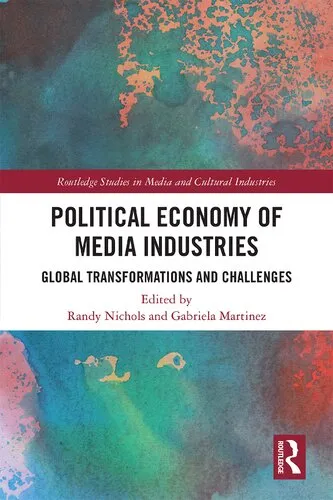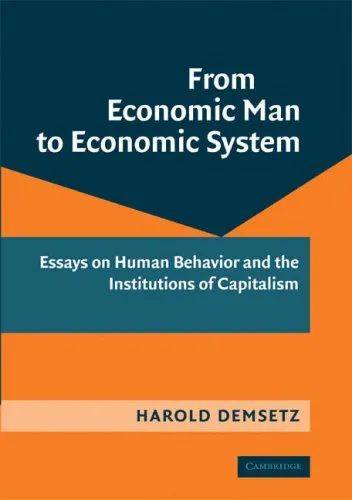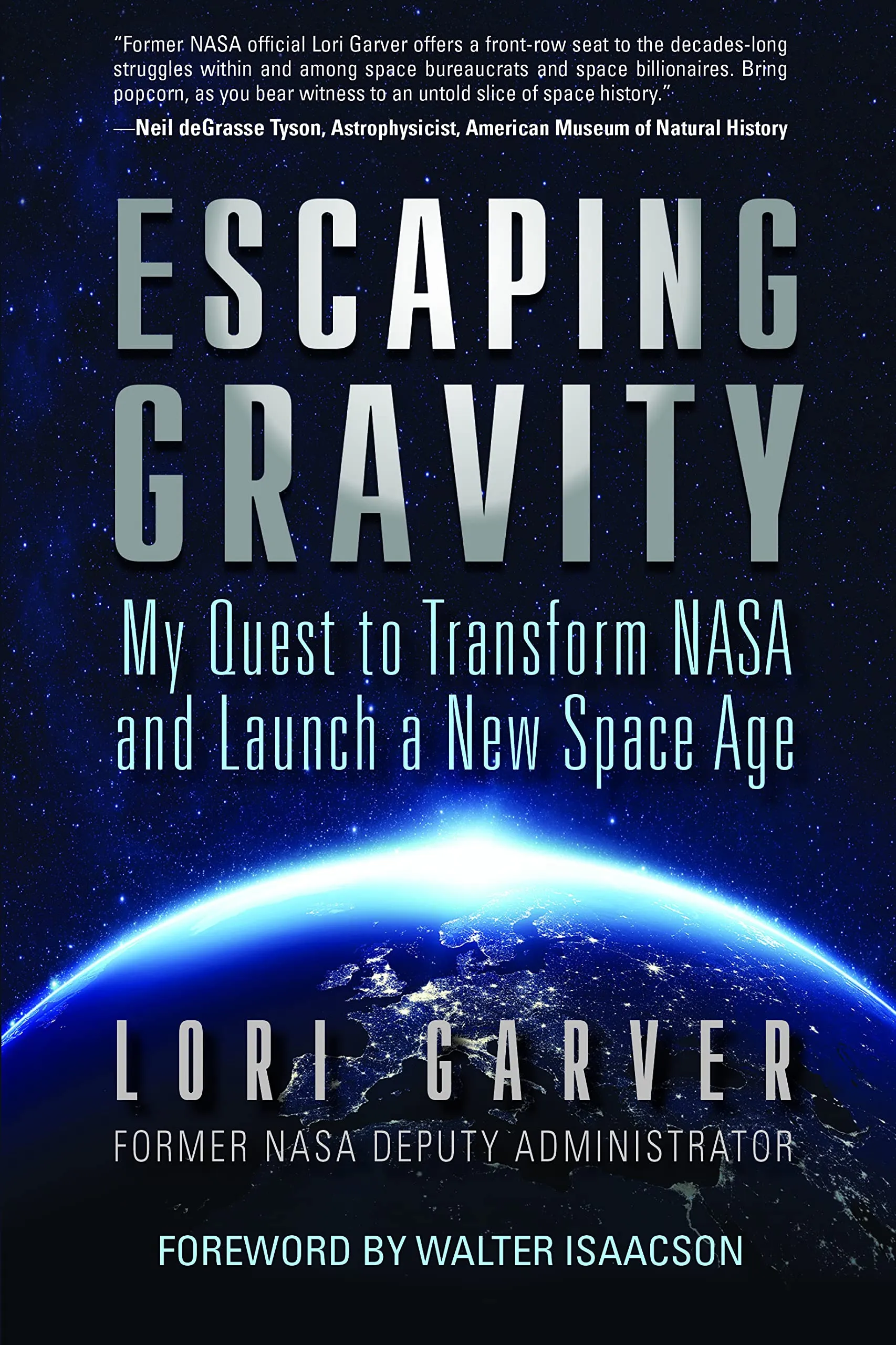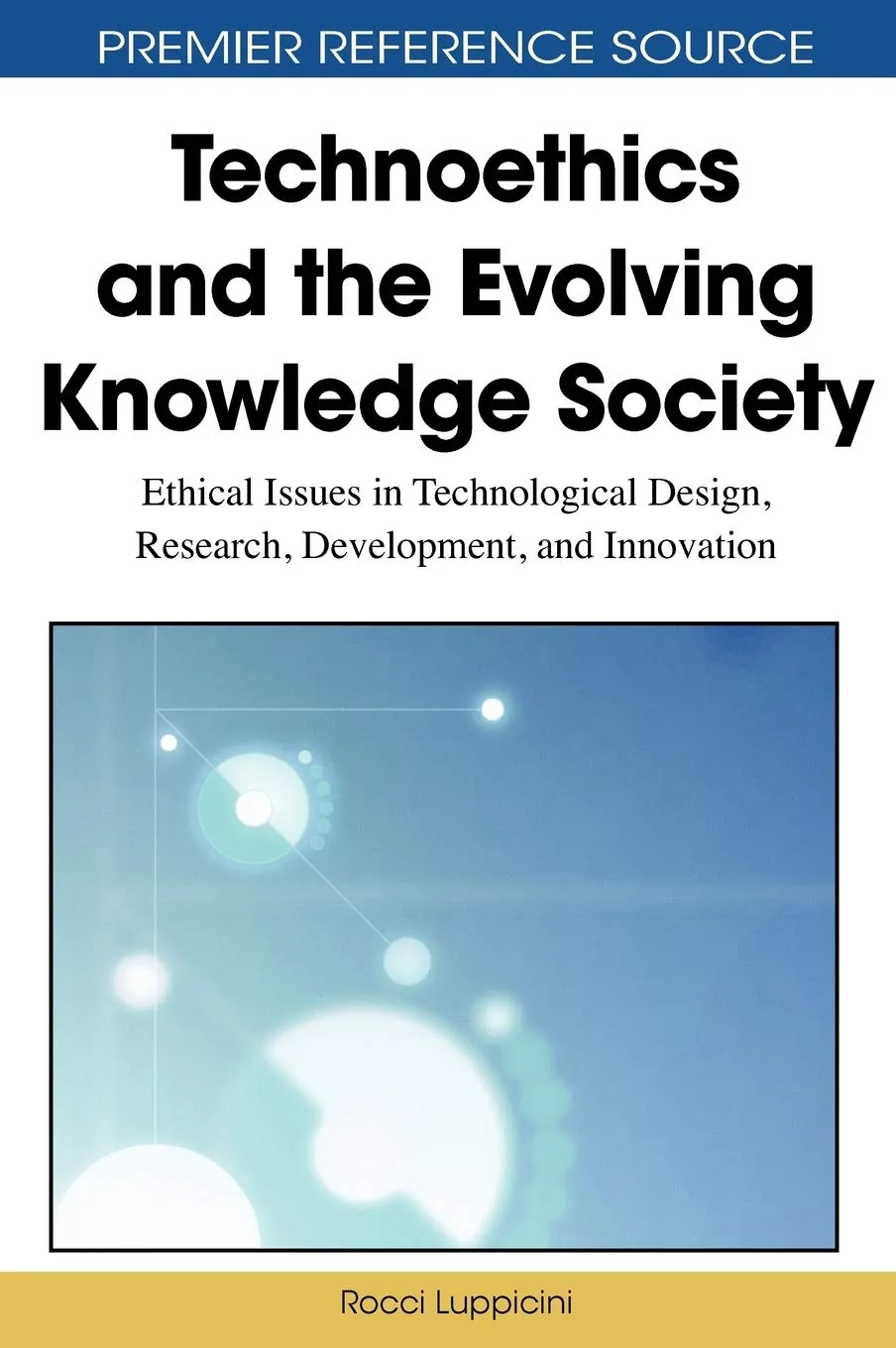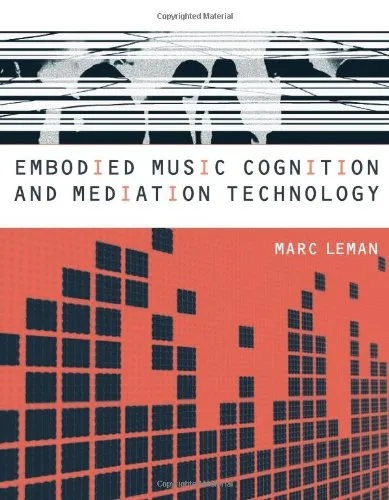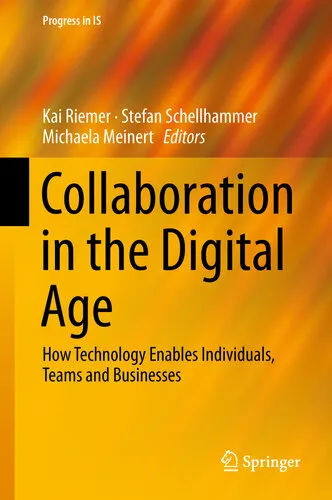Information, Freedom And Property: The Philosophy Of Law Meets The Philosophy Of Technology
4.5
بر اساس نظر کاربران

شما میتونید سوالاتتون در باره کتاب رو از هوش مصنوعیش بعد از ورود بپرسید
هر دانلود یا پرسش از هوش مصنوعی 2 امتیاز لازم دارد، برای بدست آوردن امتیاز رایگان، به صفحه ی راهنمای امتیازات سر بزنید و یک سری کار ارزشمند انجام بدینکتاب های مرتبط:
معرفی کتاب: Information, Freedom And Property: The Philosophy Of Law Meets The Philosophy Of Technology
کتاب «Information, Freedom And Property: The Philosophy Of Law Meets The Philosophy Of Technology» اثری است برجسته در تقاطع فلسفه قانون و فلسفه تکنولوژی که به تحلیل عمیق و دقیق تأثیرات فناوری اطلاعات بر مفاهیم آزادی، مالکیت و حقوق پرداخته است. این کتاب توسط میریل هیلدبراندت و بیبی فن دن برگ نوشته شده و به بررسی چگونگی ارتباط میان پیشرفتهای تکنولوژی و تحول در مفاهیم قانونی میپردازد.
خلاصهای از کتاب
در عصر دیجیتال، تغییرات سریع در تکنولوژی چالشهای جدیای را در حوزههای مختلف ایجاد کرده است. یکی از این چالشها، تأثیر بیسابقه تکنولوژی بر قانون و شیوه زندگی انسانهاست. این کتاب تلاش میکند به بررسی بنیادین پیوند میان تکنولوژی و قوانین بپردازد. نویسندگان به سه مفهوم کلیدی - اطلاعات (Information)، آزادی (Freedom) و مالکیت (Property) - توجه ویژهای کرده و آنها را از منظر فلسفه تکنولوژی و قانون تحلیل میکنند.
در این کتاب، خوانندگان با این پرسش روبهرو میشوند که چگونه تکنولوژی، خصوصاً فناوریهای نوین اطلاعاتی، تعاریف سنتی از آزادی و مالکیت را تغییر داده است. فصلهای مختلف این کتاب به بررسی پیامدهای قانونی و فلسفی دیجیتالی شدن و اتوماسیون روندها میپردازد. موضوعاتی مانند big data، حقوق مالکیت معنوی (Intellectual Property Rights)، و آزادی در فضای سایبری از جمله مباحث مهم مطرحشده در این کتاب هستند.
نکات کلیدی کتاب
- تحلیل عمیق تأثیر تکنولوژی بر مفاهیم حقوقی سنتی.
- بررسی پیامدهای ethical و قانونی big data و الگوریتمهای هوش مصنوعی.
- ارائه مدلهای جدید برای بازاندیشی در قوانین در دنیای دیجیتال.
- پیشنهاداتی برای راهبردهای قانونی و فلسفی در عصر اطلاعات.
این کتاب به تفکر انتقادی در مورد فناوریهای نوین کمک کرده و به خوانندگان بینشی در مورد مزایا و چالشهای مرتبط با استفاده گسترده از فناوری اطلاعات ارائه میدهد.
جملات معروف از کتاب
«تکنولوژی نه تنها ابزار است، بلکه ساختاری حقوقی و فلسفی پدید میآورد که باید آن را درک کنیم، زیرا آینده آزادی و مالکیت در دنیای دیجیتال بر آن متکی است.»
«اگر مالکیت در عصر دیجیتال مفهوم تازهای یافته، باید پرسید حقوق ما در برابر الگوریتمها چیست؟»
اهمیت این کتاب
با توجه به رشد سریع تکنولوژی و ورود آن به زندگی همهجانبه انسانها، این کتاب برای هر کسی که علاقهمند به تأثیرات عمیق تکنولوژی بر نظامهای قانونی و اجتماعی است، یک منبع ارزشمند شمرده میشود. پژوهش این کتاب نه تنها به متخصصان فلسفه قانون و تکنولوژی، بلکه به سیاستگذاران، فعالان اجتماعی و حتی کاربران عمومی اینترنت کمک میکند تا از تحولات حقوقی و اخلاقی در این زمینه آگاه شوند.
«Information، Freedom And Property» پلی بین دو حوزه تخصصی ایجاد میکند و نشان میدهد که چرا شناخت تعامل بین قانون و تکنولوژی برای آینده جوامع ما حیاتی است.
این کتاب ما را دعوت به تفکر میکند که چگونه میتوانیم از پیشرفتهای تکنولوژی بهرهمند شویم، بدون این که مفاهیم بنیادی چون آزادی و مالکیت قربانی شوند.
Introduction
Information, Freedom and Property: The Philosophy of Law Meets The Philosophy of Technology is an intellectual journey into the intersection of two foundational disciplines—law and technology. Co-authored by Mireille Hildebrandt and Bibi van den Berg, the book critically examines how the rapid advance of information technology has begun to reshape some of the most cherished principles underpinning our legal and societal frameworks: freedom, property rights, and individual agency.
In an era dominated by data-driven systems, artificial intelligence, the Internet of Things, and ubiquitous information flows, this book takes an interdisciplinary approach to address key challenges that arise when traditional legal paradigms meet cutting-edge digital innovation. With fresh perspectives grounded in philosophy, law, and technology studies, the authors offer a forward-looking lens to understand how legal systems can—and must—respond to these technological developments in ways that protect human freedom, foster equity, and ensure accountability.
This book is crucial reading for scholars, policymakers, technologists, and anyone interested in the ethical and legal implications of a world increasingly saturated with digital realities. By bridging philosophy and practice, it invites readers to critically reflect on the evolving interplay between technology and the rule of law, encouraging a deeper understanding of how we can safeguard fundamental societal values in the digital age.
Detailed Summary of the Book
Divided into several thought-provoking chapters, the book begins by analyzing the concept of freedom within the context of digital environments. It delves into the ways technological infrastructures subtly influence human behavior, often without explicit awareness or consent, challenging traditional philosophical definitions of autonomy and freedom. The authors argue that freedom in today's information society cannot be fully comprehended—and thus safeguarded—without addressing the architectures and affordances of digital systems.
The discussion then transitions to the concept of property, particularly the redefinition of ownership in a world where intangible assets—like data—dominate. Traditional notions of property rights, rooted in physical goods and exclusivity, are scrutinized against the backdrop of information ecosystems characterized by replicability, sharing, and commodification. The book questions whether existing legal frameworks suffice to protect individual and collective interests in this new landscape or whether they inadvertently perpetuate inequality.
The final sections of the book focus on the philosophy of law, emphasizing how legal systems can respond proactively to technological paradigms in ways that are both principled and practical. Whether through reimagined concepts of accountability, transparency, or novel regulatory mechanisms, the authors illuminate paths forward for lawmakers and technologists alike, revealing that reconciling freedom, equality, and progress in an information-based society is as much a philosophical endeavor as it is a legal one.
Key Takeaways
- Digital technologies are not value-neutral; their design and deployment have significant implications for human freedom, privacy, and agency.
- Traditional legal definitions of property and ownership are increasingly inadequate in addressing the complexities of intangible digital assets, such as personal data.
- Legal systems must strike a balance between fostering innovation and protecting fundamental rights, developing frameworks that adapt to the evolving technological landscape.
- Interdisciplinary collaboration between philosophers, technologists, and legal scholars is essential to address the profound challenges of the information age.
Famous Quotes from the Book
"Freedom in a digital world is neither absolute nor automatic; it is hard-won and must be continuously defended from the creeping determinism of data-driven systems."
"Ownership of information is unlike any other kind of property. It is not about possession, but control over the flow and use of knowledge."
"The law must evolve as technology evolves, not only to regulate it but to ensure that human dignity and societal fairness are not casualties of so-called progress."
Why This Book Matters
This book stands at the forefront of an ongoing debate that grows more relevant with each passing day. As societies and economies become increasingly dependent on digital technologies, understanding how these technologies impact human freedoms, property rights, and legal systems is critical.
The insights presented by Mireille Hildebrandt and Bibi van den Berg guide readers to think beyond the surface-level conveniences of technology and critically engage with its deeper societal and legal implications. The book advocates for technological designs and legal systems that protect rather than erode human agency, encouraging a future where progress and principles coexist harmoniously.
Ultimately, Information, Freedom and Property matters because it equips thinkers, lawmakers, and technologists with the philosophical grounding and practical tools necessary to navigate the legal and ethical challenges of an information-driven world. It is a clarion call for reflection, responsibility, and action.
دانلود رایگان مستقیم
شما میتونید سوالاتتون در باره کتاب رو از هوش مصنوعیش بعد از ورود بپرسید
دسترسی به کتابها از طریق پلتفرمهای قانونی و کتابخانههای عمومی نه تنها از حقوق نویسندگان و ناشران حمایت میکند، بلکه به پایداری فرهنگ کتابخوانی نیز کمک میرساند. پیش از دانلود، لحظهای به بررسی این گزینهها فکر کنید.
این کتاب رو در پلتفرم های دیگه ببینید
WorldCat به شما کمک میکنه تا کتاب ها رو در کتابخانه های سراسر دنیا پیدا کنید
امتیازها، نظرات تخصصی و صحبت ها درباره کتاب را در Goodreads ببینید
کتابهای کمیاب یا دست دوم را در AbeBooks پیدا کنید و بخرید
1498
بازدید4.5
امتیاز0
نظر98%
رضایتنظرات:
4.5
بر اساس 0 نظر کاربران
Questions & Answers
Ask questions about this book or help others by answering
No questions yet. Be the first to ask!
